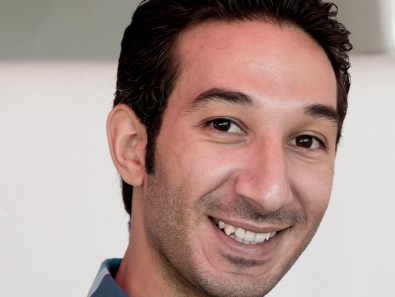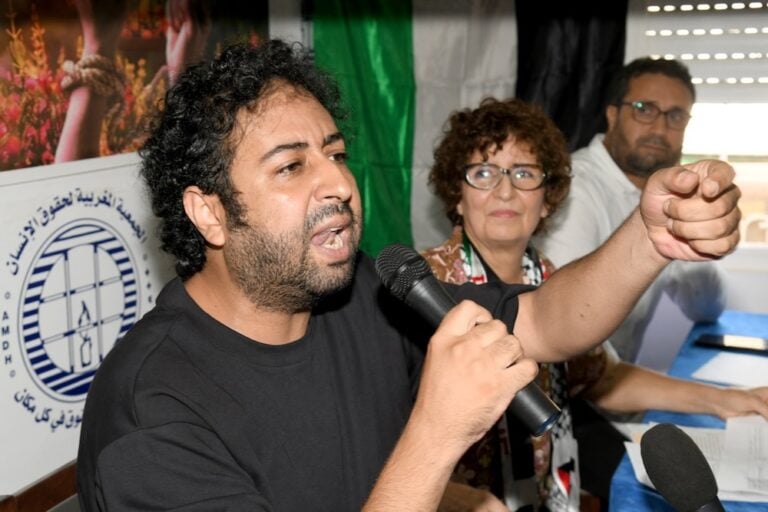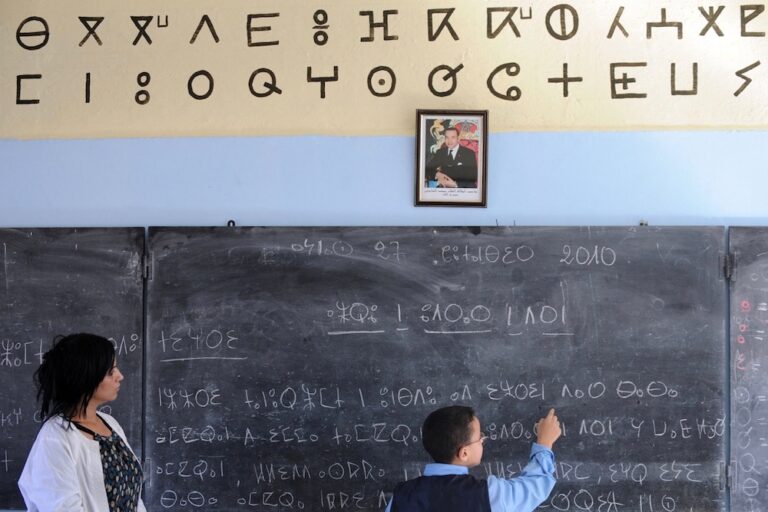Youssef Jajili, editor-in-chief of a Moroccan investigative weekly, has been charged with defamation for reporting that a government official ordered champagne to his hotel room while on a taxpayer-funded trip outside the country.
(CPJ/IFEX) – 15 January 2013 – Authorities should drop the criminal defamation charges against an editor in Morocco who reported that a government official had ordered champagne to his hotel room while on a taxpayer-funded trip outside the country, the Committee to Protect Journalists said today. The official has disputed the account.
Youssef Jajili, editor-in-chief of the investigative weekly, Alaan Magazine, was charged with defamation on Monday in Ain Al-Saba court in Casablanca in connection with a June 22 article about Abdelkader Amara, minister of manufacture and trade in the current Islamic government, news reports said. The charge was embarrassing to the minister because Islam forbids Muslims from drinking alcohol.
Minister Amara denied the accusation at first and accused Jajili of fabricating the story, news reports said. After Jajili published the hotel bill showing the charges under the official’s name, Amara claimed he was not in his room when the charges were incurred, the reports said.
Jajili, who will next appear in court on January 28, told CPJ he was afraid he would be handed harsh fines and sentenced to jail under the Moroccan Press Law. Article 52 of the law states that journalists can face up to one year in jail and fines of up to 100,000 dirhams (US$11,955) if convicted on defamation charges. Authorities have used this charge to silence independent journalists in the past, CPJ research shows.
“These defamation charges against Youssef Jajili should be dropped immediately,” said CPJ’s Middle East and North Africa Coordinator Sherif Mansour. “Journalists should be able to serve as watchdogs of the government without fearing intimidation, detention, or prison time.”
In the past, the Moroccan judiciary has frequently been used as a tool to silence the independent press. From 2009 to 2011, several newspapers were targeted in politicized criminal proceedings for criticizing the government or for their coverage of taboo subjects such as the health of the king or the royal family, CPJ research shows.



